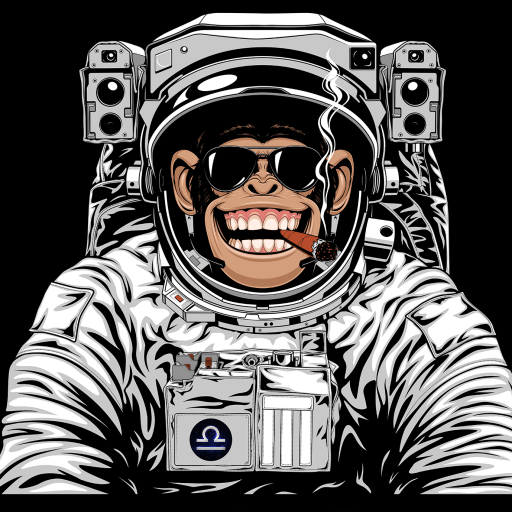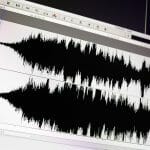Articles
Learning To Trust Your Instincts
Some people call it intuition. Others call it instinct, or even a “gut” feeling. But no matter what you label it as, everyone one of us has experienced the sensation of “knowing” things before we know them, even if we can’t explain how.
Intuitions can feel capricious, mostly because they don’t originate from familiar avenues of reason, but nonetheless, they’re an important facet of our humanity, and can be largely relevant to our evolution, especially in creative or business aspects.
But where do they come from, and why are they so important?
Some people, myself included, believe that intuition is your “higher self” speaking, but science might tell you that your brain, when presented with a problem, conducts a thorough search of your memories as well as your current surroundings, and in a split second, presents the most advantageous solution for the situation at hand.
Regardless of where our intuition comes from, it’s absolutely crucial to acknowledge it.
Here’s an example of how my intuition has worked for me.
As a musician, I often find that my fledgling ideas turn out to be the best ones, even after days (or weeks) of obsessive refinement. This isn’t to say that taking the time to make things better is counterintuitive – in fact it’s essential – but I’ve discovered a sort of “magic” in the very first riffs I lay down, before they become diluted by incessant overthinking. Over the years, I’ve learned to trust my initial decisions more, but I still second guess myself sometimes. When this happens, I usually end up going back to the ideas I started with, because they always feel the most inspired.
“Intuition can easily be confused with your first emotional response. They’re not the same thing, and it’s critical to be able to distinguish the two.”
Here’s the problem though — Intuition can easily be confused with your first emotional response. They’re not the same thing, and it’s critical to be able to distinguish the two. Acting on your emotions can yield very undesirable results, so learning to trust to your internal dialogue before you start feeling one way or another about the situation at hand, is key. I assure you, if you can learn to do this, you’ll save yourself a lot of regret.
Intuition is often associated with risk taking, and many of us are largely uncomfortable with this notion. Remember though, that fear is the reciprocal emotional response to taking risks, and if you can learn to identify fear (or any other emotion for that matter) before you get hijacked by it, you’ll find yourself in more favourable situations as time goes on.
It’s cliche’, but without risk, there is no reward. That being said, calculated risks are born of sage wisdom. Find the balance.
Learning to trust your intuition takes time. Start off with little things and see where they take you.
Lay down those first riffs or brush strokes and move on. Ask that person out on a date. Apply for that job you’ve always wanted. If it pops into your head, don’t disregard it. It could be your next big idea.
As you learn to decipher the mixed messages in your brain, you’ll start to figure out what works and what doesn’t. It’s a process, but I guarantee that if you can learn to to incorporate your intuition into more of your creative, business and, perhaps, personal choices, you’ll be happy you did.
(Written by J. Scott G.)



